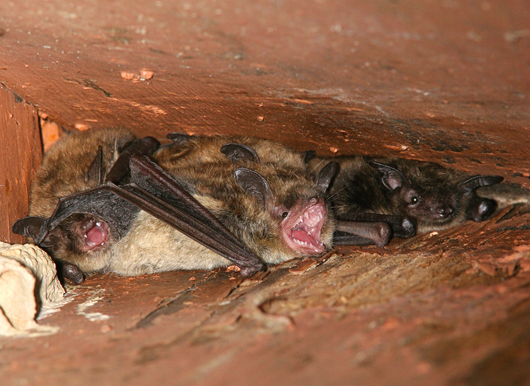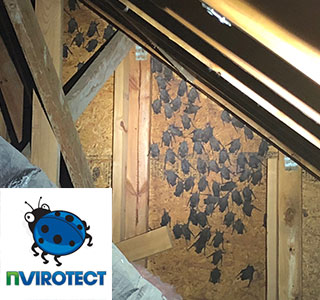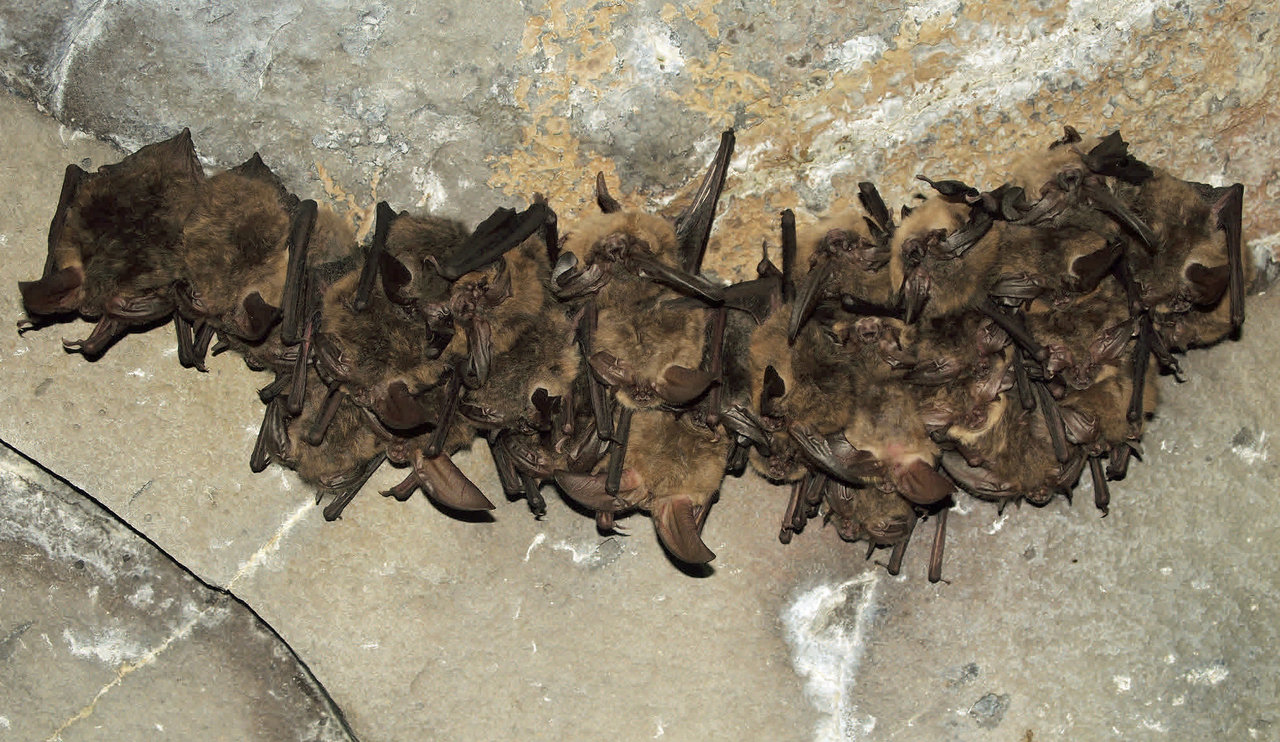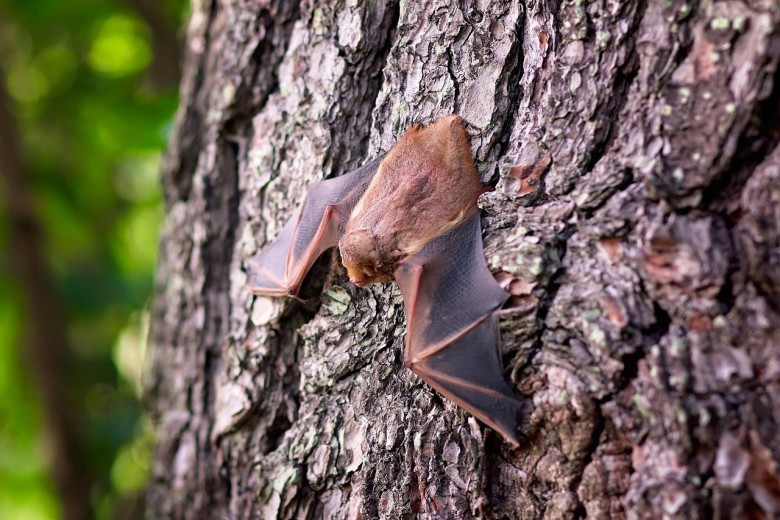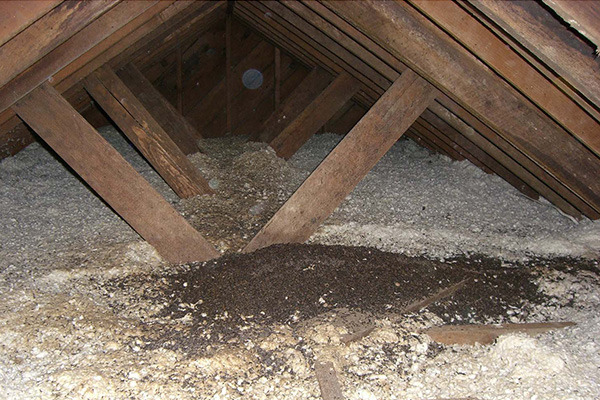Furthermore some bats carry harmful diseases like rabies and histoplasmosis may be present in their droppings especially if the droppings accumulate in moist areas.
Are bats dangerous in your attic.
Bats will hibernate in the winter if the temperature stays at around 35 to 40 f.
They don t like the cold and your attic is nice and warm.
If you are concerned about a bat problem in your home bats in attics or would like assistance with sealing bat entry points to your basement or attic call the experts at critter control today at 1 800 critter for professional services.
Bats are not your first choice of houseguest but many homeowners and renters find themselves in the same predicament.
Your attic and insulation may also be contaminated from the bat droppings and urine so having that clean and replaced is recommended.
Bats aren t animals you want to have in your home.
We can help you get rid of bat problems.
But as great as they are for the ecosystem they pose a health hazard if they take up residence in your attic.
Co existing safely with bats in our community.
Bats looking for warm and dry places to roost for the winter are drawn to attics chimneys or.
If that is the case it is best to have a company specializing in bat control do this.
Learn more about bat removal.
Keep bats and birds from nesting in areas in buildings such as barns and in your house attic or eaves.
They re bats beady eyed winged and fuzzy.
Bat dung in your attic is dangerous for some more than others.
How to remove bats from attic.
The associated noises from bats living in your attic or walls can be very bothersome.
But blaming bats as sources for all uniquely dangerous diseases is misplaced and based on biased sampling combined with premature.
Even though bats sometimes spread diseases to people they are able to peacefully co exist with humans and provide us with many benefits.
Occupation age and physical health are a few factors that impact who s more likely to be affected by droppings.
Colonies of bats prefer quiet cave like spaces to roost reproduce and raise their young.
Chimney cleaners construction workers gardeners roofers and cave explorers have the highest risk of contact as they work in areas where bats are commonly found.
Note that you may have to have your home or building cleared of bats and or bird roosts before cleanup can begin.
The bats essentially get trapped in your house.
To get them out identify their entry and exit points making sure not to seal them while the bats are inside.
A professional should always handle these bat situations in your house.





